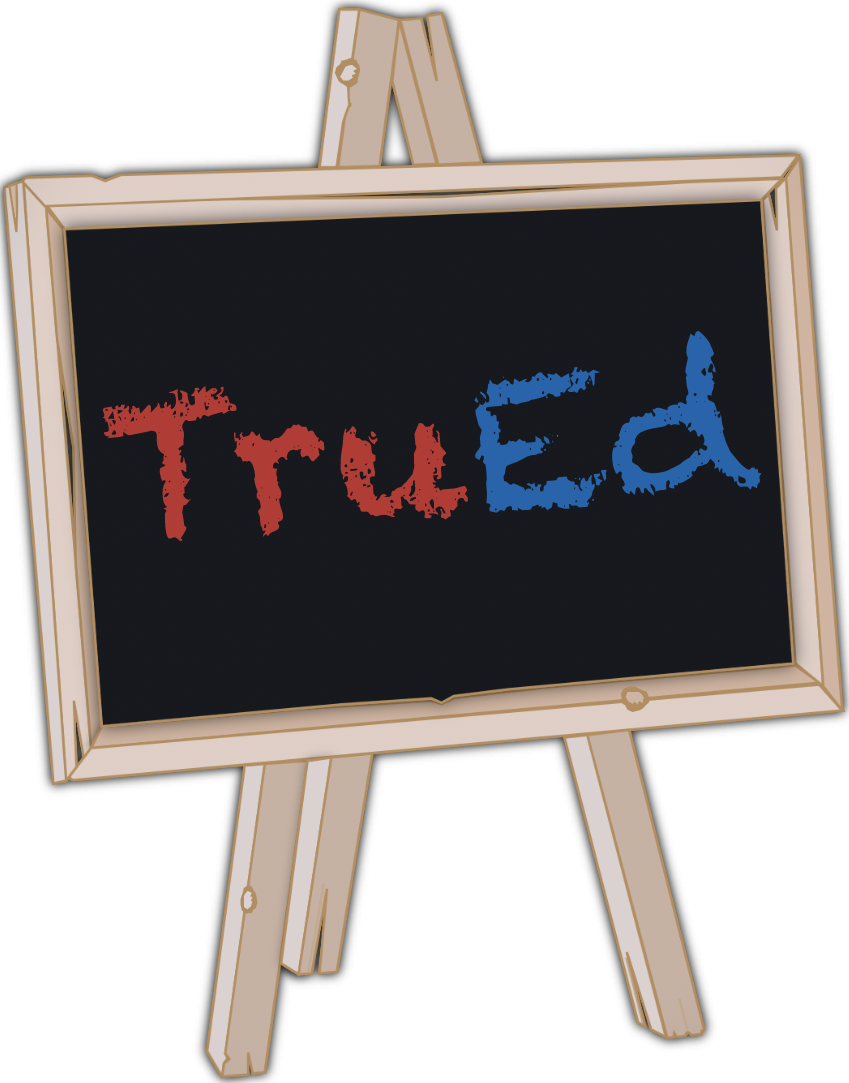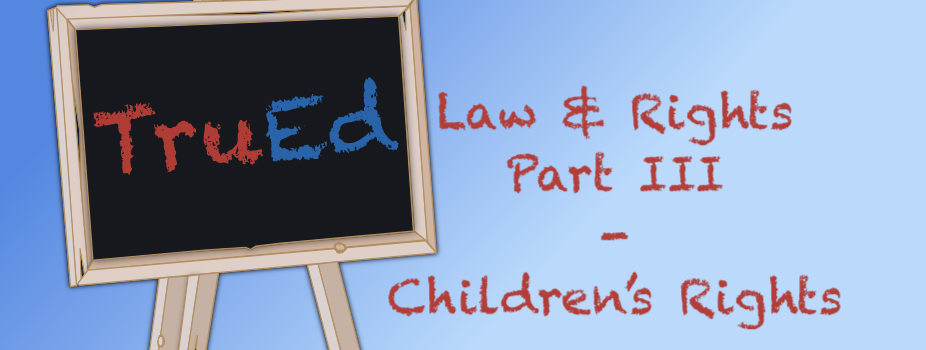This is the third part of a three part series on law and rights.
The United Nations is promoting children’s rights, and schools are adopting these rights. Is this a good thing or not? Should we be wary? Is this a reason to keep our children in school or out of school?
Where do these rights come from? They come from the U.N. I previously stated that if someone gives us a right, they can take it from us. The U.N. is made up of flawed people. Is the U.N. beyond reproach? Well, I asked ChatGPT for three negative stories about the U.N. with sources. They have the same source: Wikipedia, so you can look them up yourself. The stories are included at the bottom of the article. The point is, the U.N. is not trustworthy, and we cannot assume that the rights will never be revoked.
We explored the concept of negative laws and on the back of that, I want to mention two rights given to children by the U.N: the right to healthcare and the right to education. Of course we believe children should be healthy and educated, so these are surely utterly benign. Well, no. These are examples of authoritarianism. If anyone has the right to a service, then someone needs to be on hand to provide that service. If I have the right to a service, no matter the circumstances, then someone else must be at my beck and call. Someone must provide me with that service whether I can pay for it or not, whether anyone can pay for it or not. That veers dangerously close to slavery.
While these two point show that children’s rights are not quite as positive as we are led to believe, I have one final point which should cause us all to actively seek to rid our nations of this insidious document. So I ask, what happens when there is a disagreement between a child and a parent about these rights? To answer that question, I suggest you do an internet search for the Charlie Gard case, if you don’t already know it, and for “parent loses custody over gender”. When there is a disagreement, the state interferes. When there is a disagreement, the child appeals to a supposed higher authority, the state. Ultimately what is happening here is not that children are being given rights, but that the state is giving itself the right to interfere with your family. The last thing you want, therefore, is for your child to be taught that he or she can appeal to that higher authority when there is a conflict in the home.
1. **Failure to Prevent Genocides and Atrocities**: The UN has faced severe criticism for its inability to prevent genocides, such as in Rwanda in 1994, where the Security Council’s inaction led to the deaths of over 800,000 people. The organization’s structure and the veto power of its permanent members have been blamed for these failures.
2. **Sexual Abuse Scandals by Peacekeepers**: UN peacekeepers have been involved in numerous sexual abuse scandals, particularly in conflict zones like the Central African Republic and Haiti. These incidents have severely damaged the UN’s reputation.
3. **Allegations of Corruption and Mismanagement**: The UN has been accused of widespread corruption and inefficiency in various programs, including the Oil-for-Food program in Iraq, which led to billions of dollars being misused.
For more details, you can explore https://en.wikipedia.org/wiki/Criticism_of_the_United_Nations


